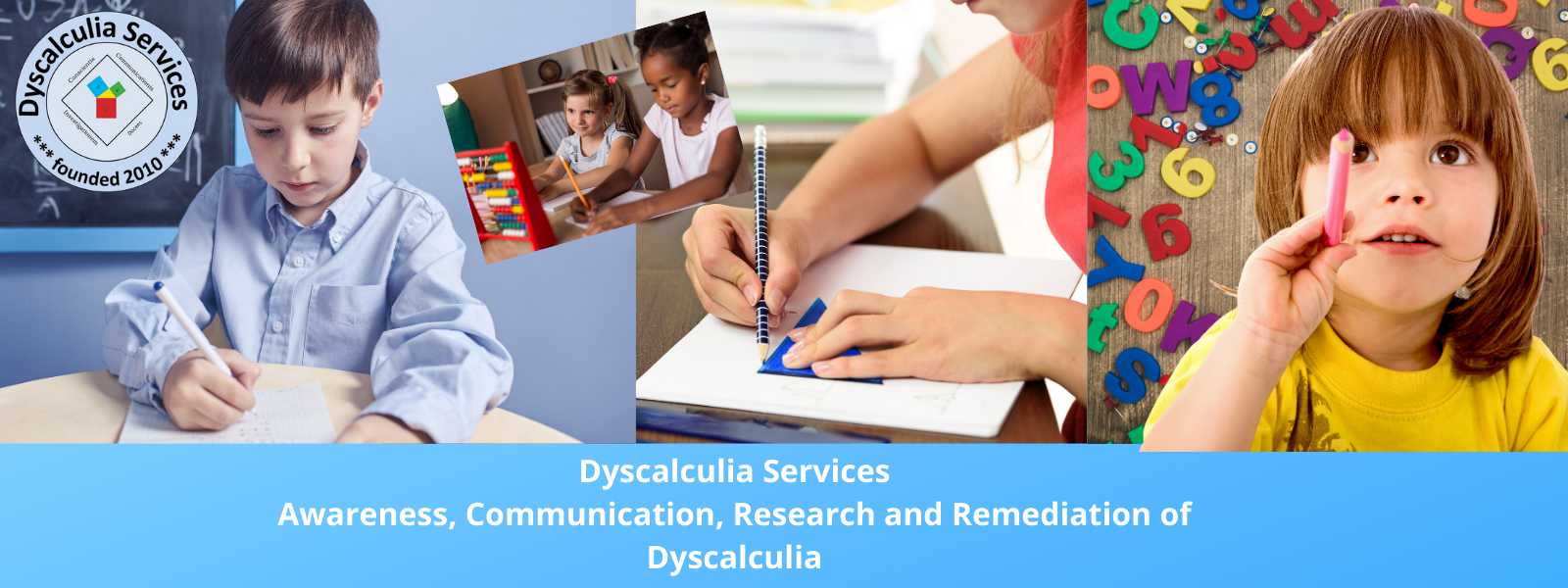One of my students is struggling, could it be dyscalculia?
Every student is unique and many children experience that a Math topic is somewhat harder at the start. When a problem persists despite some extra help or explanations, you can consider the possibility of a learning difference in Math. Not all symptoms are combined in one student.
The most common symptoms are:
1. Number sense, counting, and numbers
• Starting to count at a later age than siblings/classmates
• Taking more time to memorize and learn to write the numerals
• Counting on fingers instead of using math facts from memory
• Using a number-line is difficult, no representation in their memory
• Larger numbers are often copied in the wrong order
2. Operations and procedures
• Confusion over math concepts
• Difficulty memorizing math facts, in particular multiplication tables
• Repeated mistakes with Math vocabulary
• ‘Misreading’ a number sentence: add instead of multiply etc.
• Difficulty selecting essential information and choosing the operation in a word problem, does not know if an answer ‘makes sense’
3. Measurement
• Difficulty selecting the larger of two small quantities without counting
• Difficulty with perception of shapes and relative sizes
• Difficulty with changing to another unit (days – weeks, pints – gallons)
• Confusion over telling time on a digital and an analogue clock
• Difficulty making a rough guesstimate
4. Behavioral characteristics
• Uncomfortable with activities involving counting or numbers, nervous, developing math anxiety
• Making wild guesses that are far apart or just jotting down random numbers
• Working slowly and inconsistently
• Seems to ‘get it’ one day, ‘forgets’ it the next
• Deliberately avoiding math tasks, while being OK with other subjects
